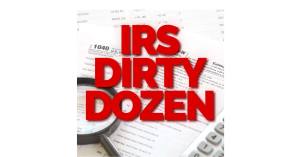Dirty Dozen Scam
Vishal Sani
Meet Vishal Sani, the storyteller at SilentNews.org, where headlines transform into engaging tales for easy understanding. Join him on a journey simplifying the world through storytelling. Explore SilentNews.org for news that resonates with you.
View all posts by Vishal Sani →



